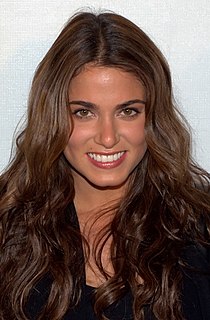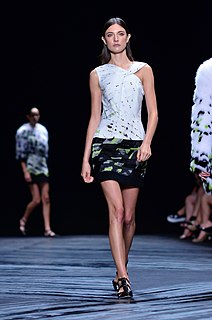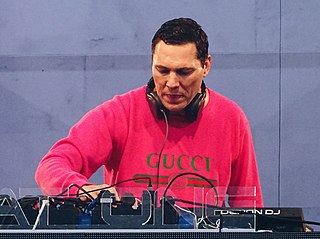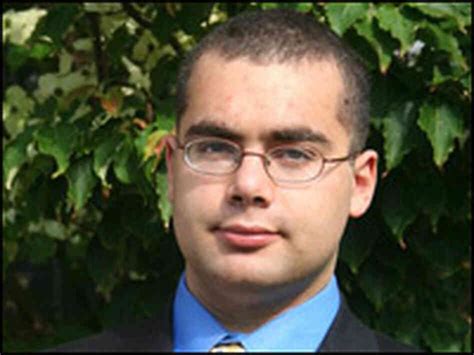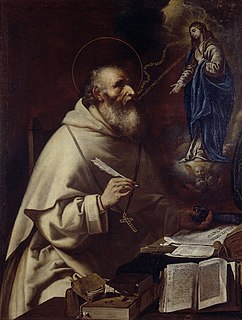A Quote by Nikki Reed
My little brother is autistic, so I would love to be involved in a charity for autism, but I haven't found the right one yet.
Related Quotes
It's always nice when someone reaches out and says, "I have an autistic brother," or "I have someone else." Some people are really sweet and they're like, "Aw, you're my role model, thank you for doing this." This is why I do it. I want to use being involved in this Autism Speaks charity and take advantage of my contacts in order to raise awareness. It's something I've been wanting to do for so long.
I had never had any experience of autism before and I would come home and look at my son, Billy, who is now two, and be absolutely paranoid, particularly because he loves Thomas the Tank Engine, and lots of autys love Thomas. But he is not very good at pointing, and autistic children absolutely love pointing.
I think that if I could do any sort of research of autism that I wanted to do, at this point I would take a sample of classic, early infantile autism persons and compare them with what I call "classic late onset autism", individuals. I think we will find that the cause of those youngsters with autism who have autism from birth is probably different than those who have late onset autism.
In America we've spent over a billion dollars on autism research. What have we got for that? We've not seen anything that's appreciably impacted the quality of life of autistic people, regardless of their place on the spectrum. Quite frankly, we've spent $1bn figuring out how to make mice autistic and we'll spend another $1bn figuring out how to make them not autistic. And that's not what the average person wakes up in the morning aspiring to. They think: am I going to be able to find a job, to communicate, to live independently, either on my own or with support? Those are the real priorities.
I think one of the problems with the definition of autism is we keep expanding it. It started as "early infantile autism", and then it became "autism", and now it's "autism spectrum disorder". I'm not opposed to that from the standpoint of trying to broaden our vistas, and so forth. But from a research point of view, the term autism is lost in specificity.
My brother is severely autistic, so when I was a kid I spent a lot of time as a teenager in camps and programs for autistic kids. When I went to McGill as an undergraduate, I figured I'd be a therapist working with these kids. The truth is, and I knew this even back then, I'm just not good at this. I'm too empathic to do this sort of thing.
Research demonstrates that autistic traits are distributed into the non-autistic population; some people have more of them, some have fewer. History suggests that many individuals whom we would today diagnose as autistic - some severely so - contributed profoundly to our art, our math, our science, and our literature.
